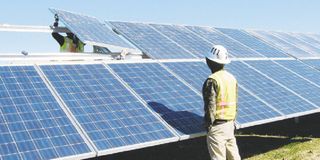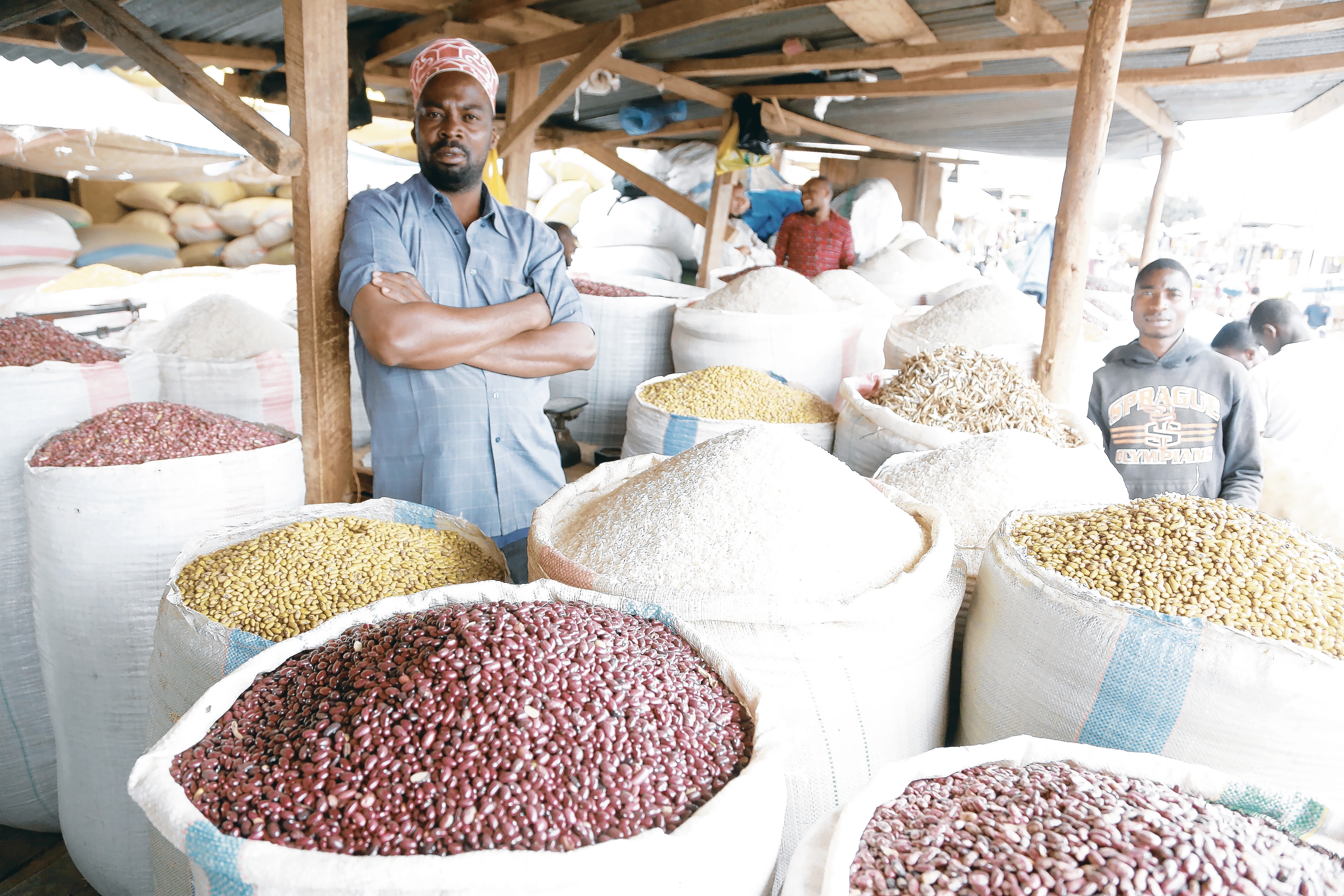Energy is the answer to Africa’s waste problem

What you need to know:
With the current state of low energy consumption and access, even individuals connected to a power grid experience on average 54 days of power outage a year — that’s darkness for 15 per cent of the year. The WEF also projected that the demand for energy solutions is only set to rise with increasing population, urbanisation and economic productivity.
Africa is hungry for energy. According to the World Economic Forum (WEF), only 24 per cent of sub-Saharan Africans have access to electricity, and the energy generation capacity of the entire African continent (excluding South Africa) is only 28 gigawatts, equal to that of Argentina alone.
With the current state of low energy consumption and access, even individuals connected to a power grid experience on average 54 days of power outage a year — that’s darkness for 15 per cent of the year. The WEF also projected that the demand for energy solutions is only set to rise with increasing population, urbanisation and economic productivity.
The move towards innovative ways of turning what was once termed a waste crisis into a sustainable solution for a struggling sector is quickly becoming commonplace amongst African leaders and organisations in the public and private sectors.
For decades, shortage of sustainable energy has embedded itself into the very fabric of socio-economic factors that plague the continent, giving credence to the tag ‘the dark continent’ and making it more than just a metaphor. Africa’s immediate need for energy has catalysed the growth of the global waste-to-energy industry.
Sweden stands out as a stellar example, having wholly turned its waste problem into a solution. The revolution began in the 1980s with incineration plants as disposal sites became harder to find and leachate pollutants a significant problem. It incinerates half of its waste to generate energy and recycles about 49 per cent; only one per cent goes into the landfill.
After a dumpsite landslide in March last year killed more than 100 people, Ethiopia became the first African country to launch a full waste-to-energy plant.
The Addis Ababa plant will incinerate 1,400 tonnes of waste everyday and supply 30 per cent of the capital city’s electricity requirements.
Visionscape, an environmental company providing turnkey solutions in waste management, is on the cusp of the solution to two significant challenges facing emerging markets — waste management and sustainable energy.
Operating a closed loop system, it uses its sustainable business model to reduce the carbon footprint by recycling and reusing 90 per cent of the materials manufactured and the waste collected to provide waste-to-energy solutions.
With its West African regional office in Lagos, Nigeria, Visionscape double-hats as the official residential waste collector and the concessionaire developing the backbone infrastructure for an integrated waste management system. The group was also constructing the first engineered sanitary landfill or eco-park in West Africa.
Harvesting and sharing knowledge in global best practices, the eco-park will receive waste ranging from agricultural to household organic and industrial slurry.
The plant will also generate electricity for the eco-park. Surplus energy will be distributed as one of the company’s community sustainability investments.
Beyond the energy generation, and to guarantee the completion of the sustainability chain in a zero-waste loop, the end product from the process is rich in ADP, which is used as fertiliser for farmlands.
The chain creates a complete cycle: From farmland waste to energy generation and back to providing fertilisers for the farms, ensuring that nothing is wasted.
The closed-loop system has been a conversation amongst environmental experts for decades.
The need for other like-minded think-tanks to champion the cause in Africa and other new economies has become imperative.
Organisations should pay attention and seek to adopt sustainable models that promote viable solutions to the continent’s pressing environmental and economic challenges.




